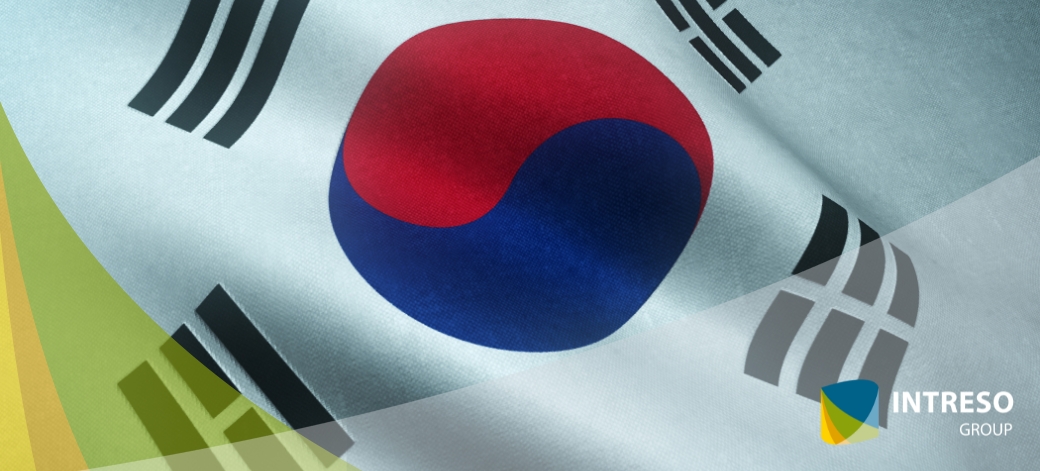26 July 2024 – International Treatment Solutions (INTRESO) Group announces the registration of eFUME® by South Korea’s Rural Development Administration. This significant milestone marks an important step forward for the agricultural sector in South Korea and further demonstrates the rapidly growing demand for sustainable fumigation products across the globe.
eFUME® is a safe and effective solution for protecting post-harvest produce, packaged and stored foods, and processing equipment. Suited to a wide variety of fruits, vegetables, grains, cut flowers, its active ingredient, ethyl formate, is a naturally occurring substance with zero ozone-depleting potential. It is a direct, cost effective, drop-in replacement for methyl bromide, an ozone depleting-substance currently widely used for fumigation in South Korea and globally. eFUME® is already registered and used in Australia and New Zealand, both major, global, agricultural exporters.
Methyl bromide is controlled under international climate agreements and has severe impacts on the environment and human health. It is estimated that 1kg of methyl bromide destroys approximately 4.2 tonnes of ozone. However, the registration of eFUME® means the South Korean agricultural sector can now access and use an environmentally sustainable alternative to legacy products, enabling the industry to reduce its climate impact while protecting supply chains and biosecurity.
The 1987 Montreal Protocol committed the international community, including South Korea, to end their use of methyl bromide in order to protect the ozone layer. Despite these efforts, nearly 2000 tonnes of methyl bromide is still used in South Korea for fumigation annually. This new registration means South Korea is the first country in the Asia Pacific region to register eFUME® demonstrating a strong commitment to its multilateral environmental obligations, and clear intent to reduce methyl bromide use.
Responding to the news, Kade McConville, Executive Director of INTRESO, said:
“The approval of eFUME® by the Government of South Korea is a welcome step forward for the agricultural sector, who now have the opportunity to end the use of methyl bromide. This decision reflects the growing demand from both industry and regulators for access to effective and environmentally sustainable alternatives to legacy products.
“I am excited to see increasing momentum behind the registration and adoption of alternative solutions in the industry, and look forward to other countries in the Asia Pacific region – and across the world – following South Korea’s example.”
